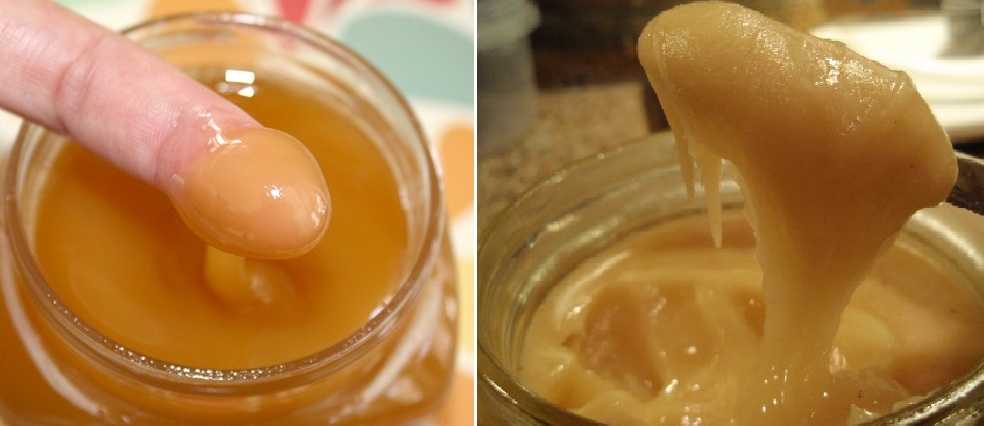Real foods are more than just the sum of their nutrients and the truth is that they contain known and unknown substances that can affect health. Science has yet to uncover the secret power of real foods.
Table of Contents
Honey Is More Than Just Liquid Fructose
Honey contains sugars, especially fructose and that’s why it is considered unhealthy in many circles. This real food has been accessible to humans throughout evolutionary history and can still be obtained in its natural form. There is more to honey than the simple mention of fructose and vitamins.

Is Honey Good Or Bad For You?
Honey bees collect nectar which is a sugar-rich liquid from plants. From the nectar they produce honey and that happens in the beehive. It is a group activity composed of repeated consumption, digestion, and regurgitation. The final result is honey and the quality of the honey (composition and nutritional properties) depends on the sources of the nectar.
A typical batch of honey supplies (nutrition data):
- 82% sugar, by weight;
- 40% of that sugar is fructose;
- Only trace amounts of minerals and vitamins;
- Different antioxidants.
The Antioxidants in Honey
Unrefined honey contains lots of various antioxidants which are able to improve the overall health condition. Antioxidants in the diet are associated with lower risk of disease and of course, improved health!
Topical Administration of Honey
Honey can be applied to the skin because it has some medicinal properties. It can destroy bacteria and speed up the healing of wounds.
Choose Darker Honey
Generally speaking, darker honey is better than the lighter varieties, for example, Buckwheat honey.
Should you eat honey?
It depends. If you don’t need to lose weight, you are active and healthy, having some honey is not a bad idea. Moreover, it is better and a good replacement for sugar. People who are overweight should avoid honey.
